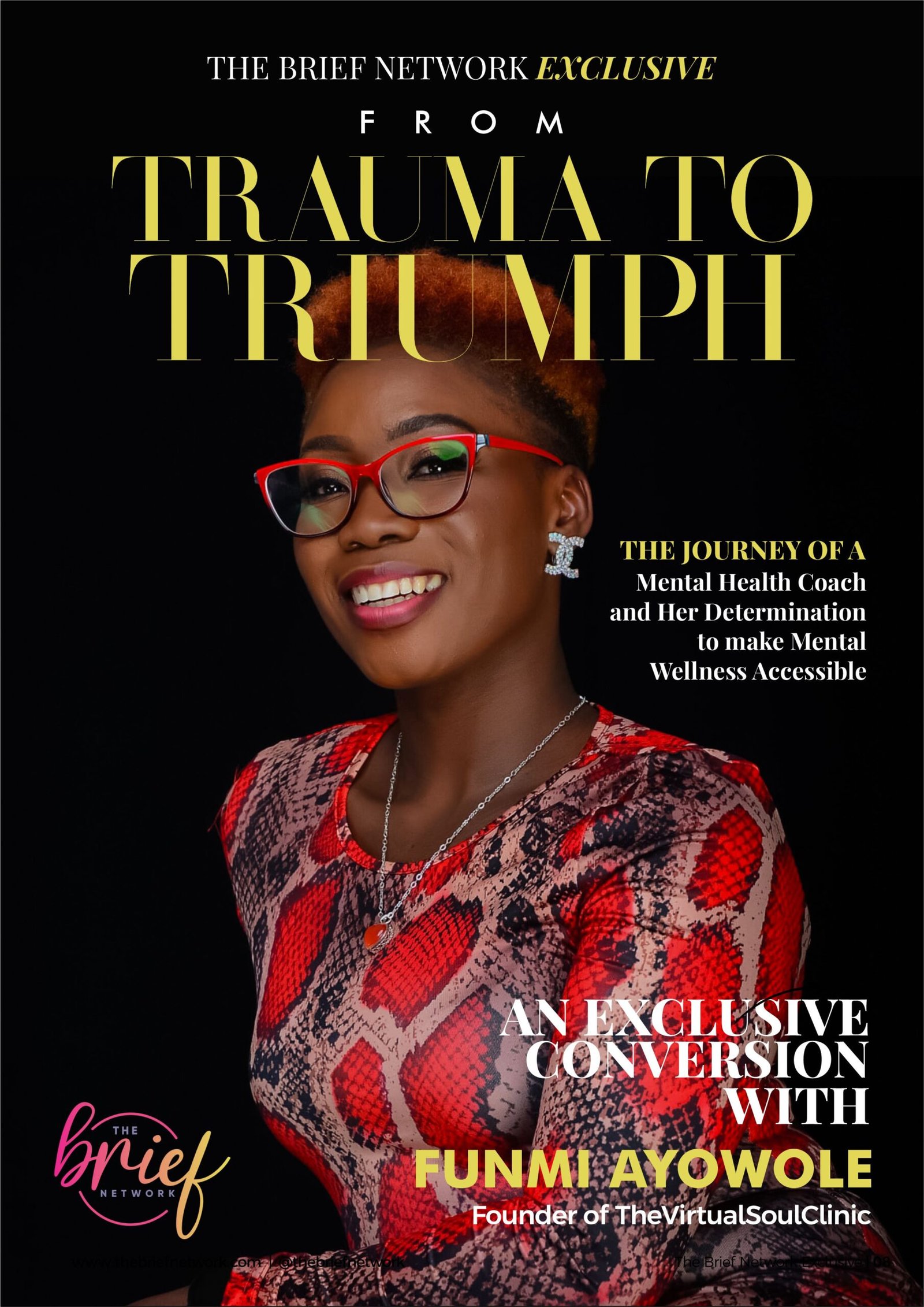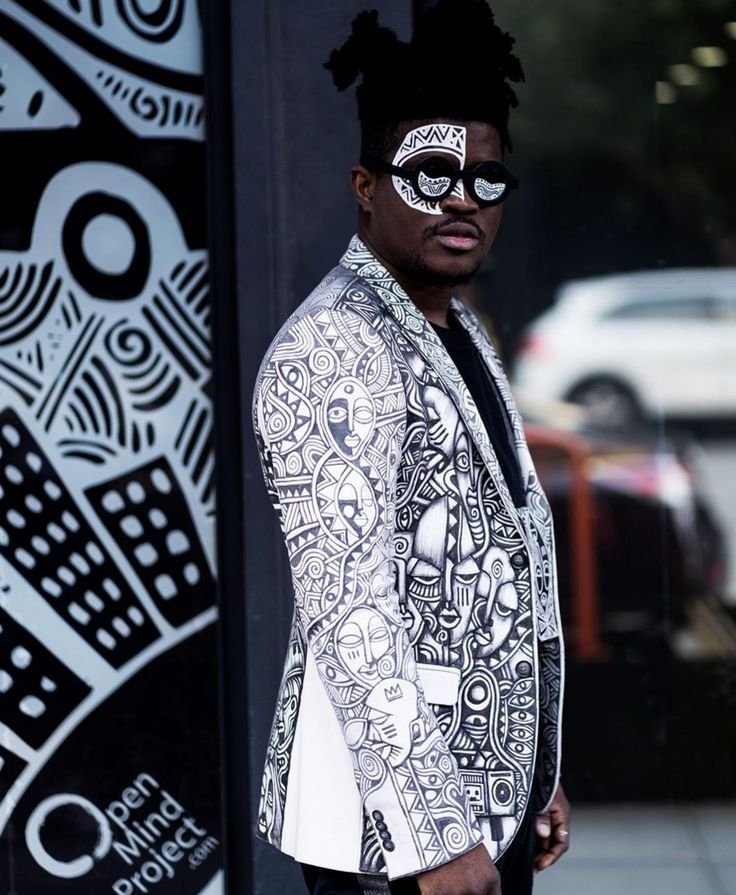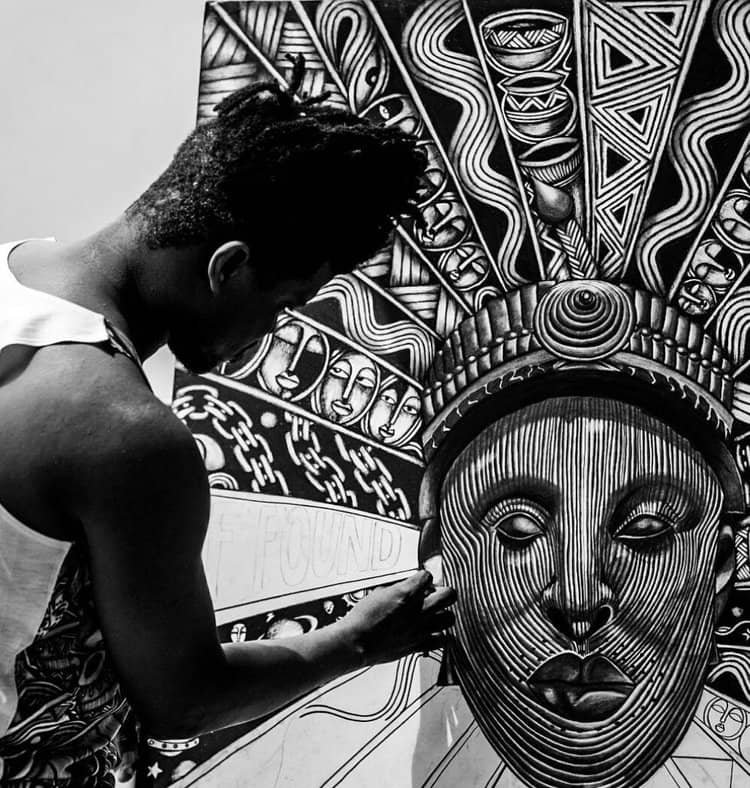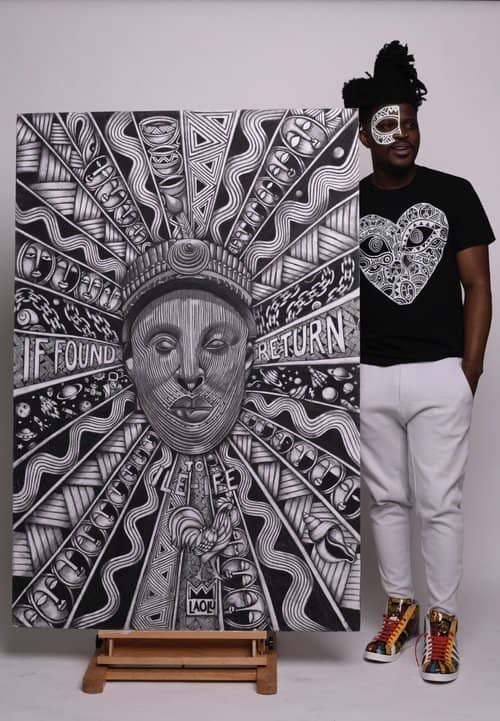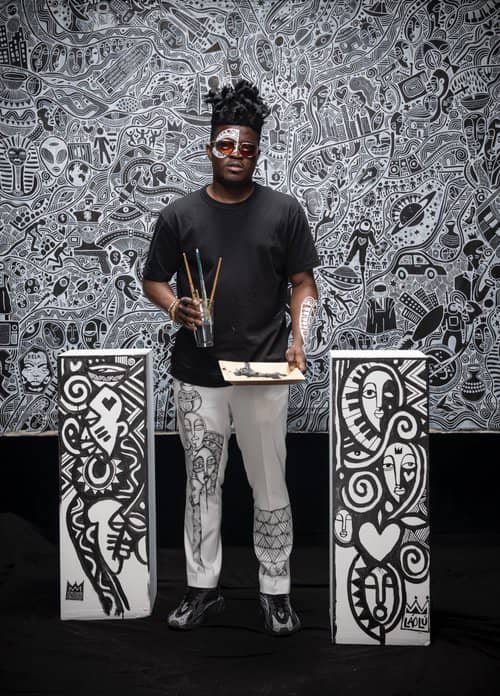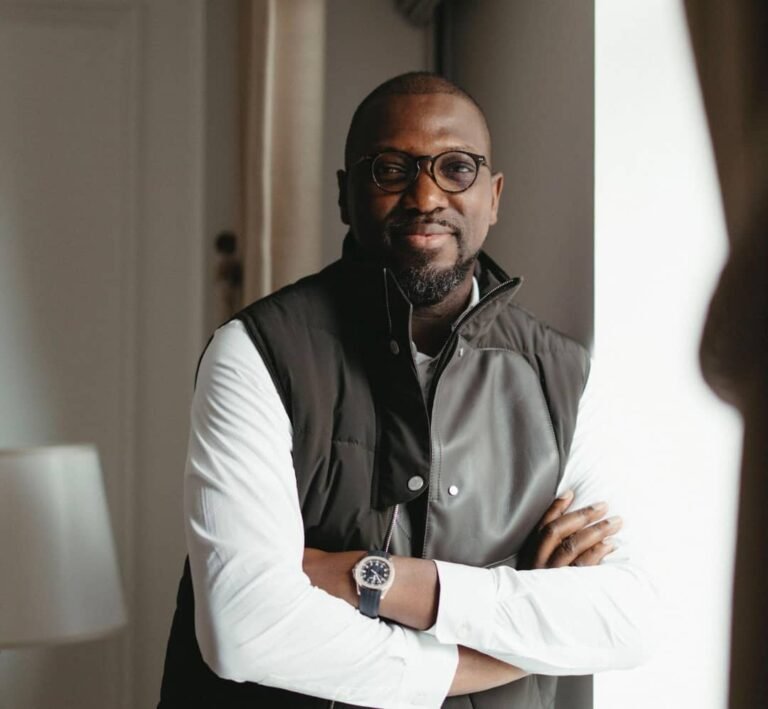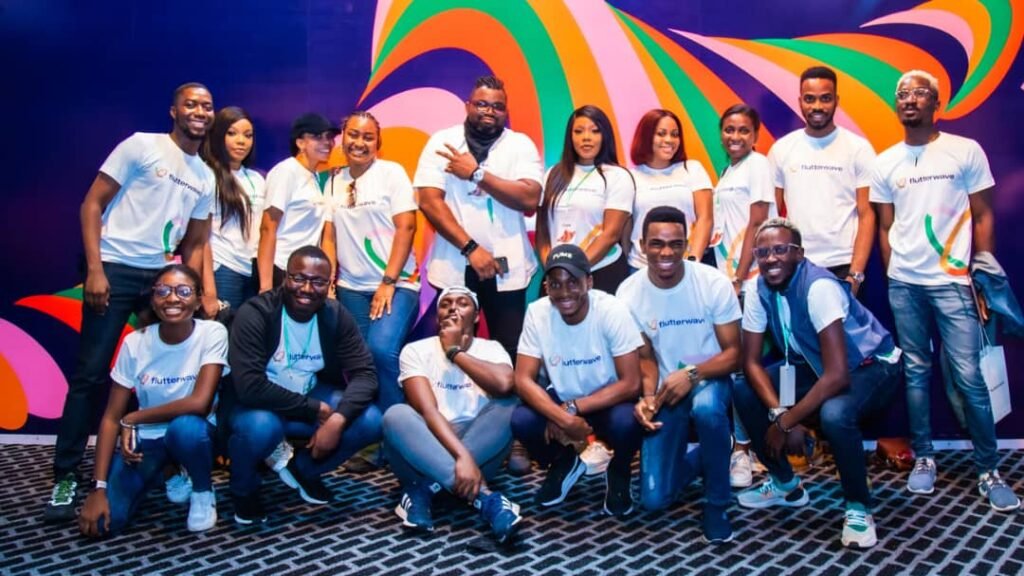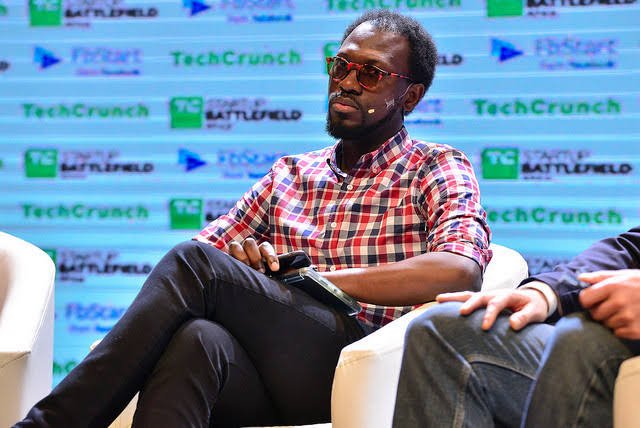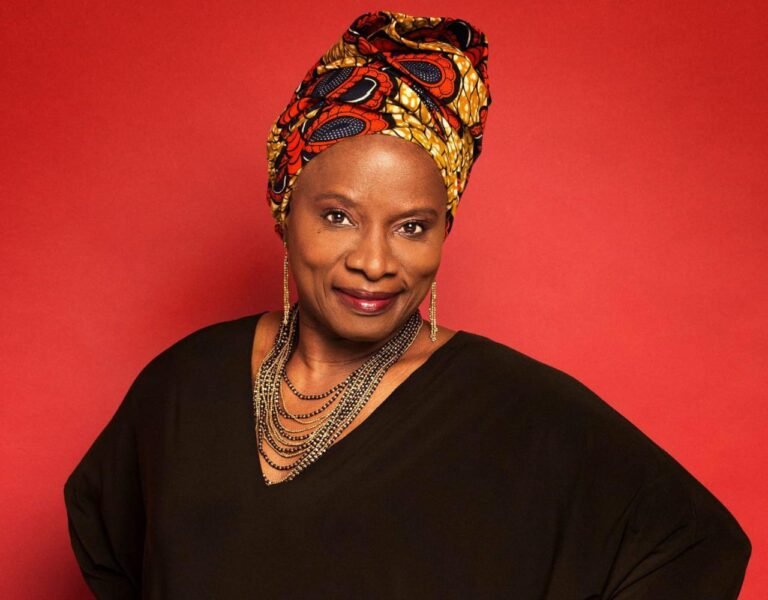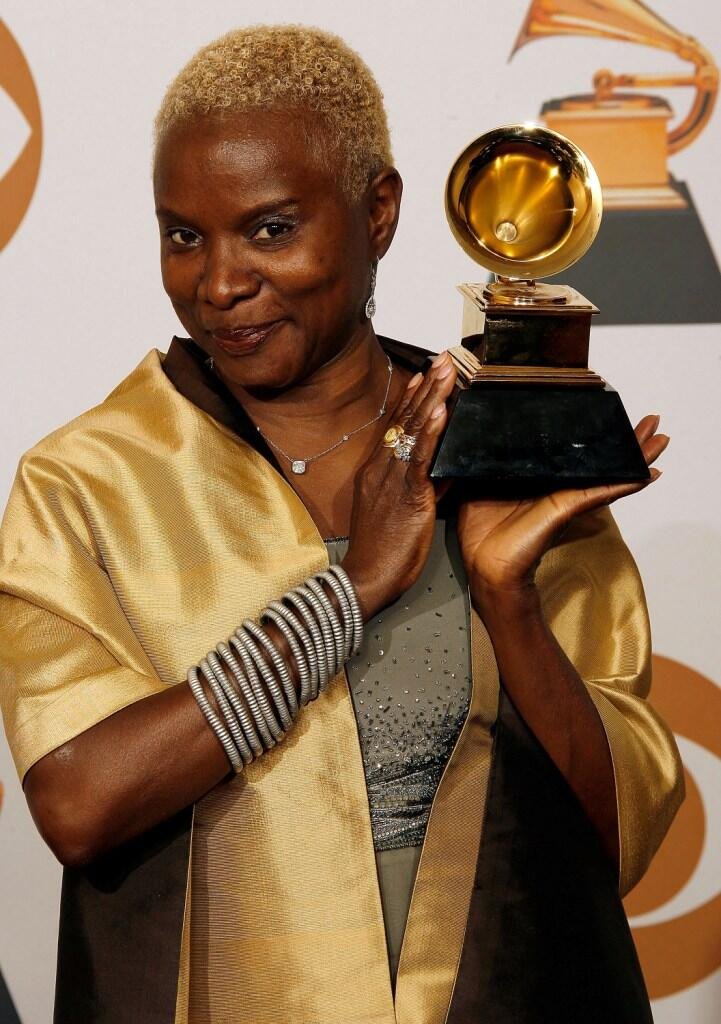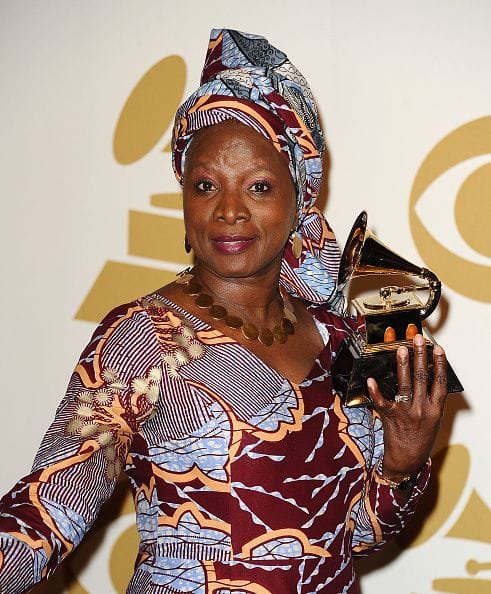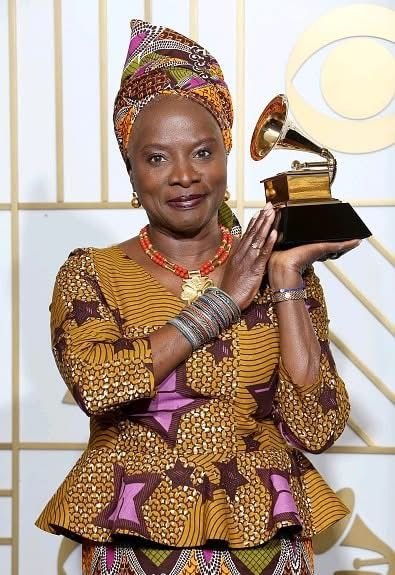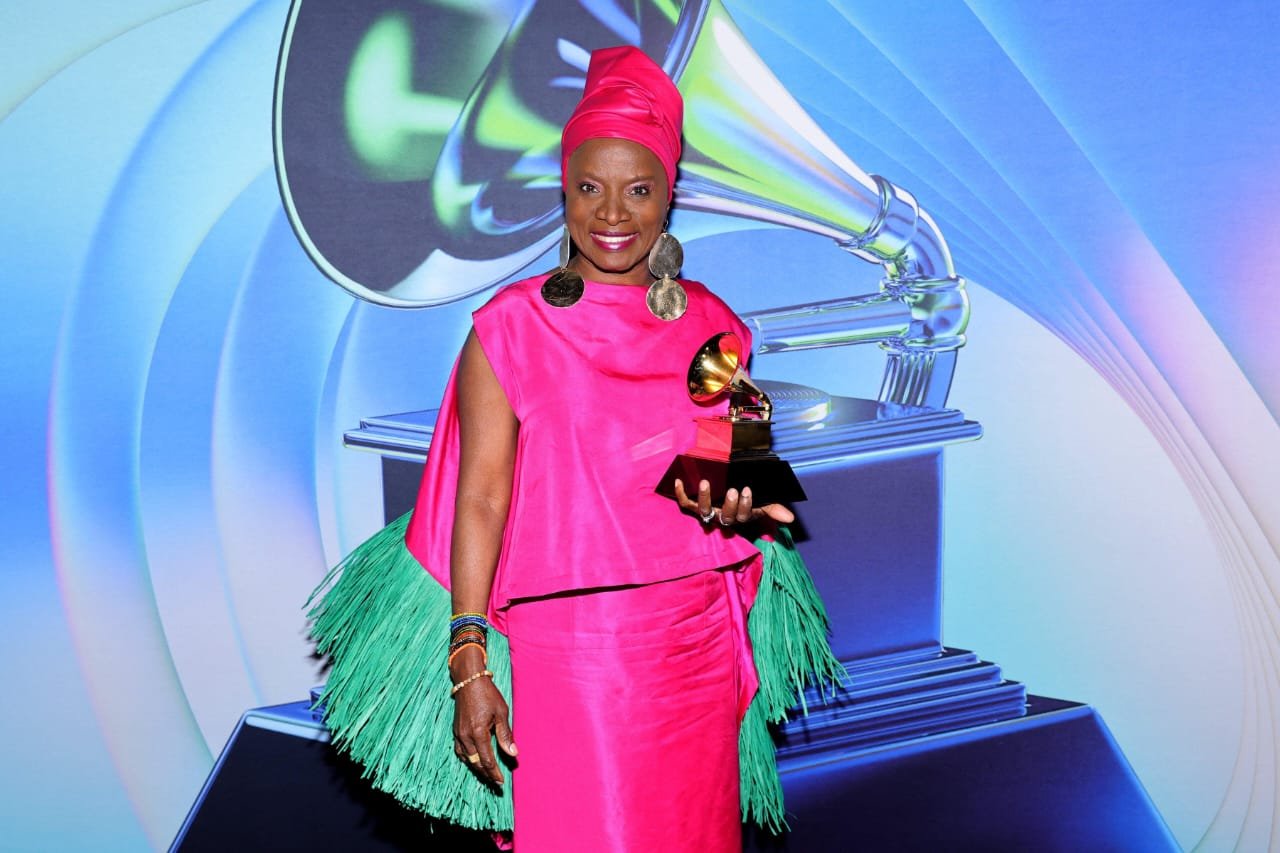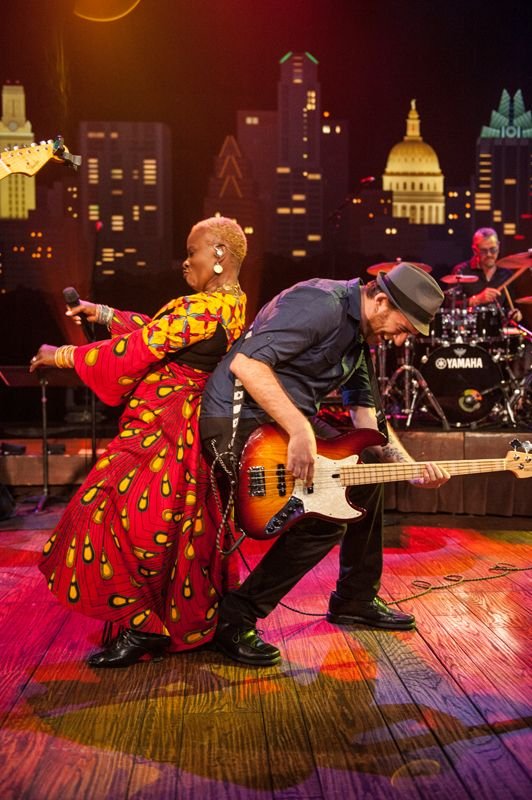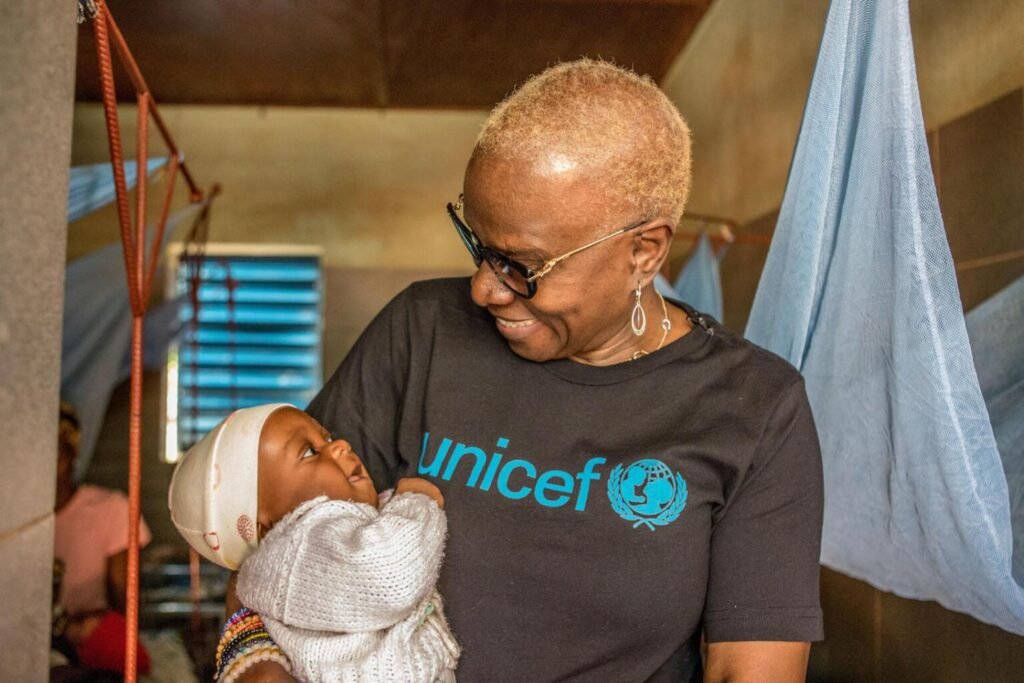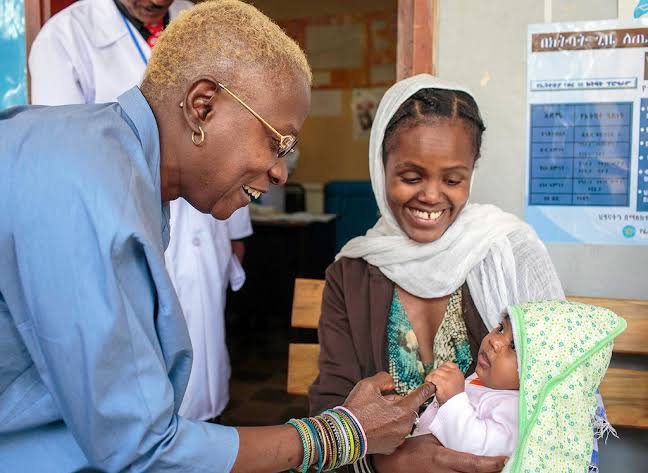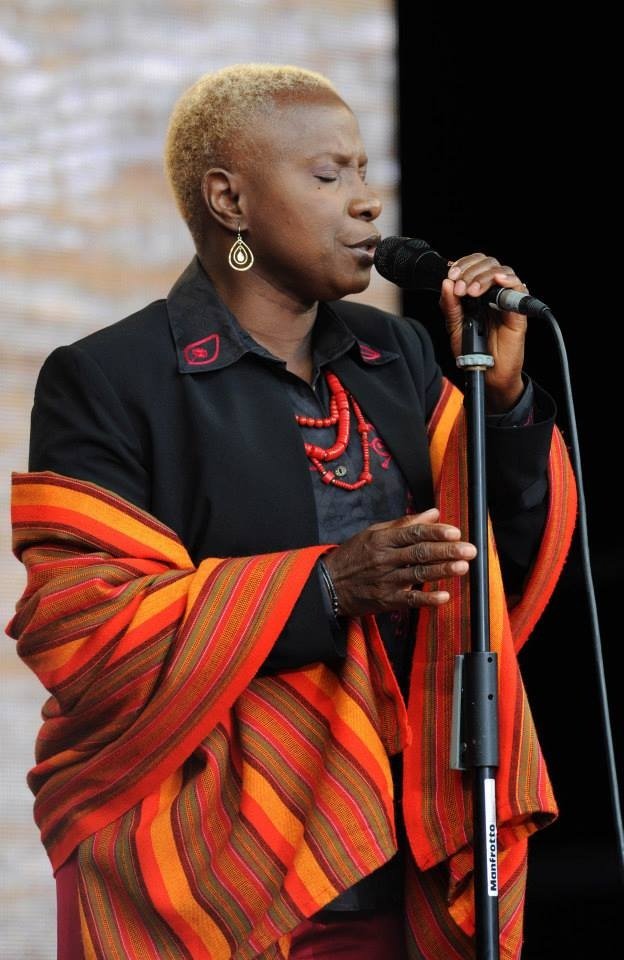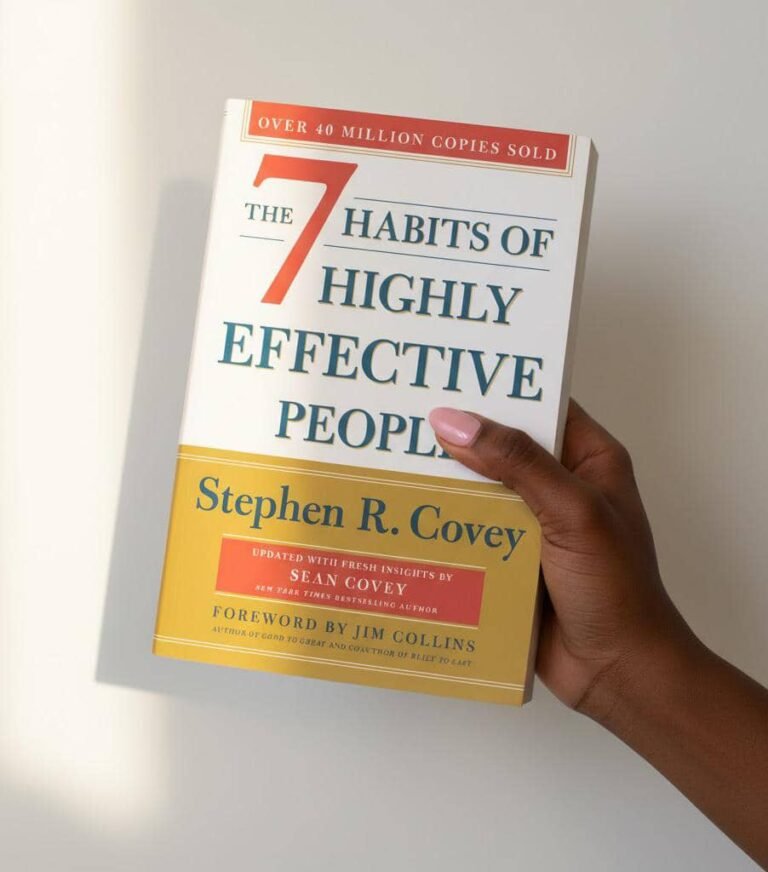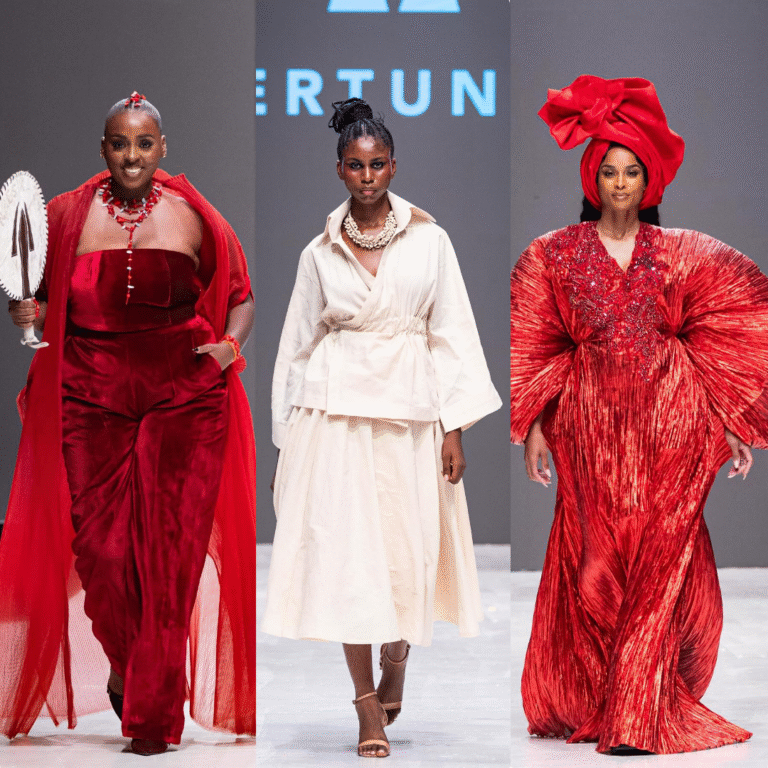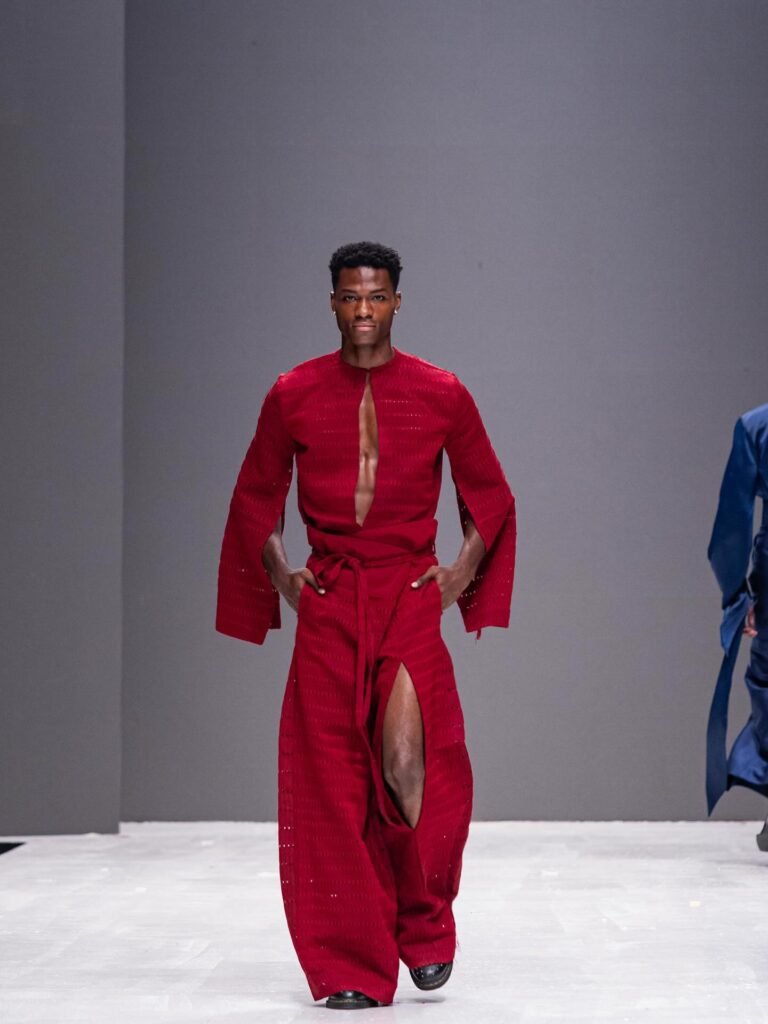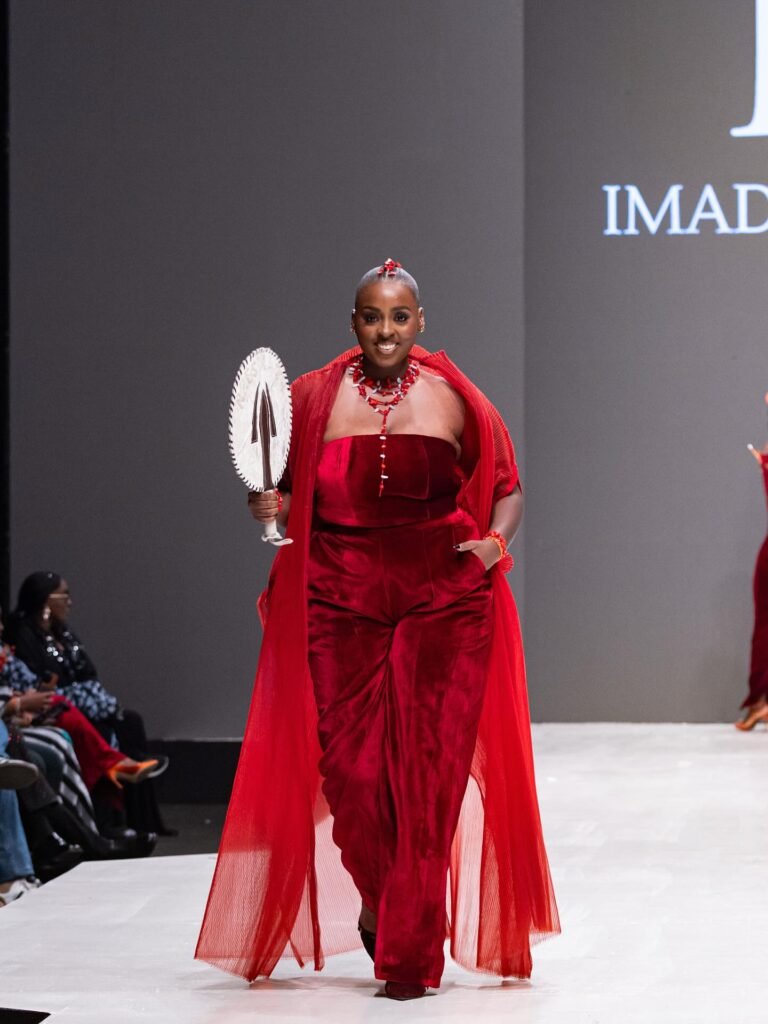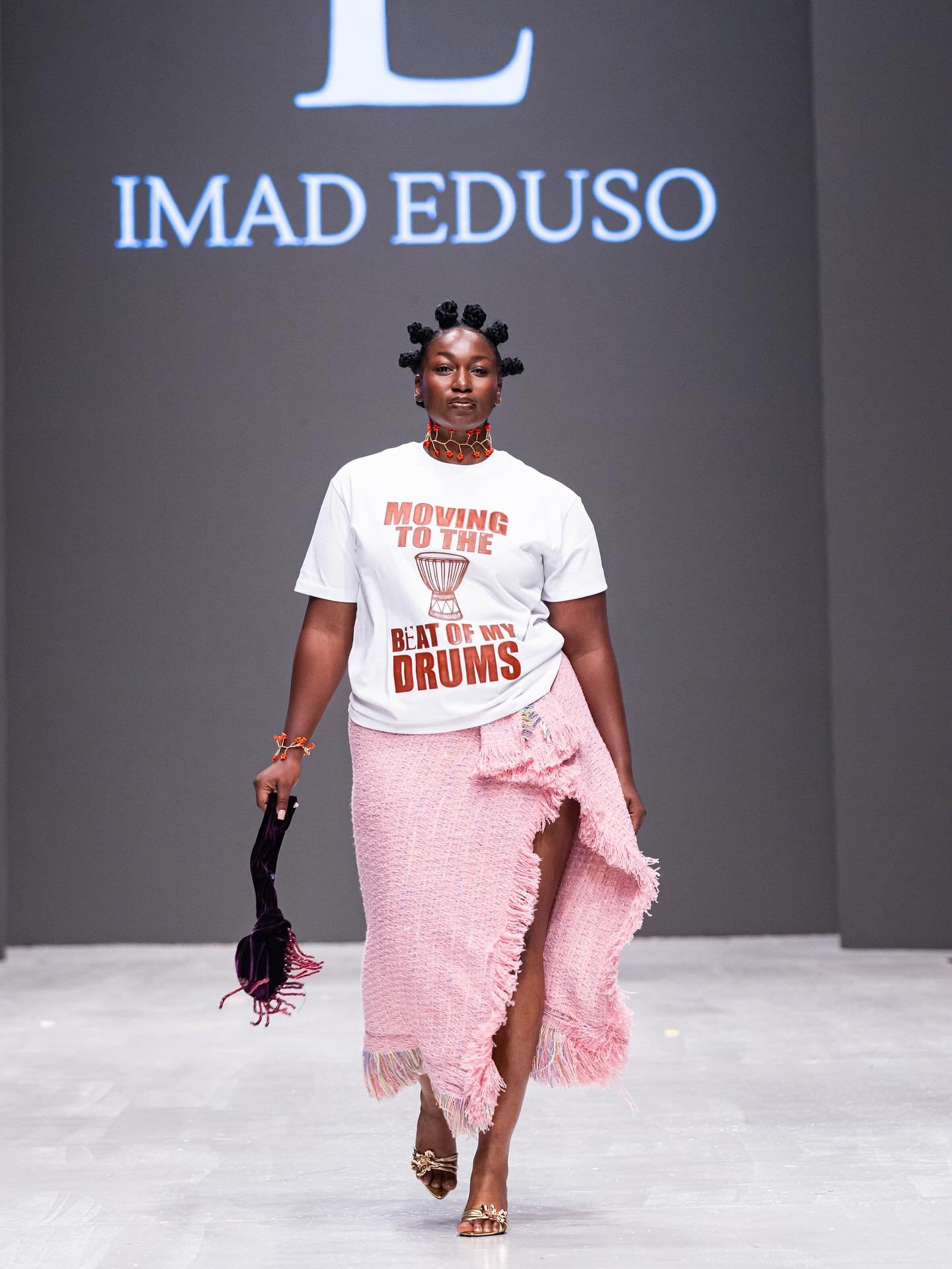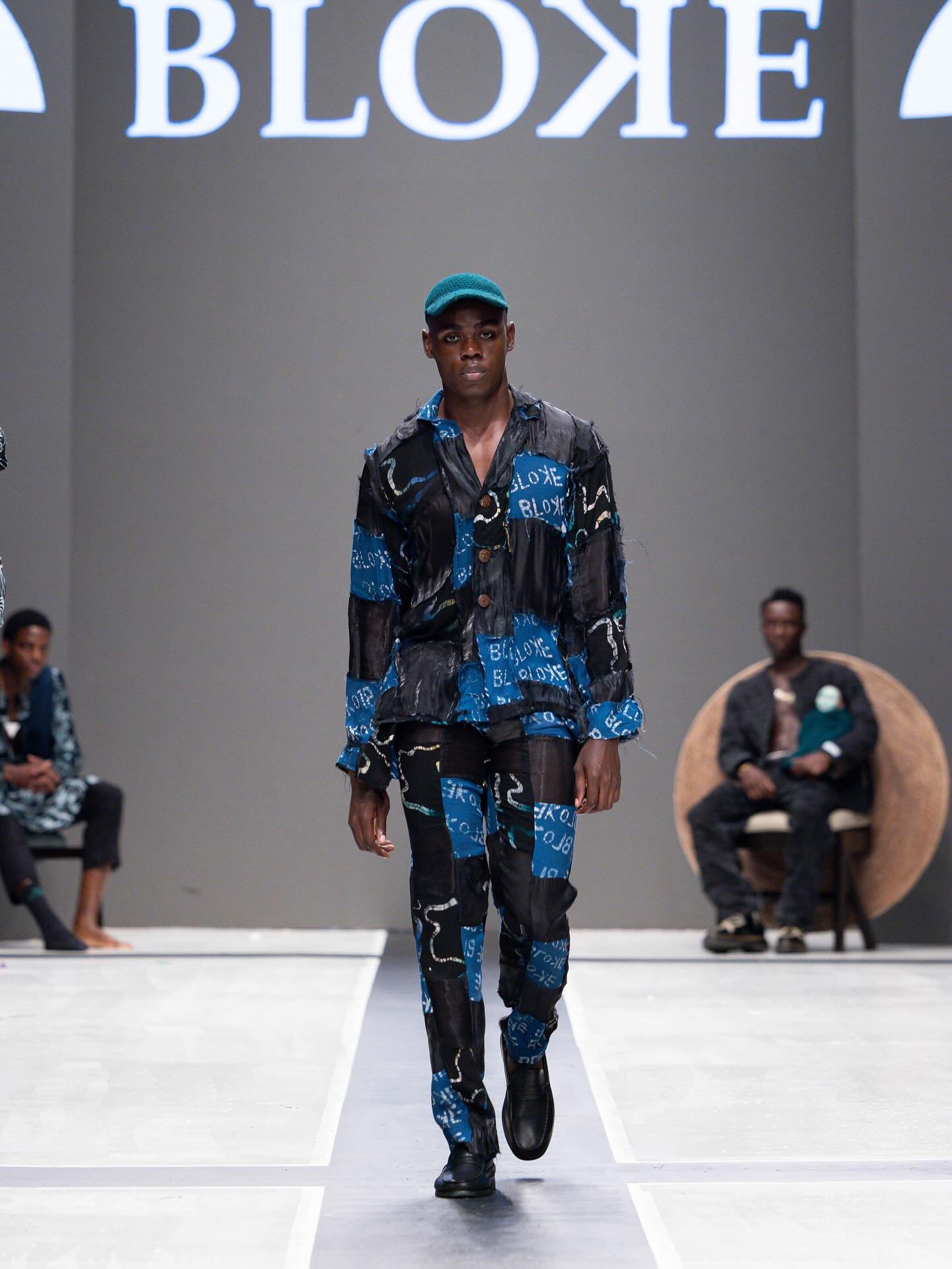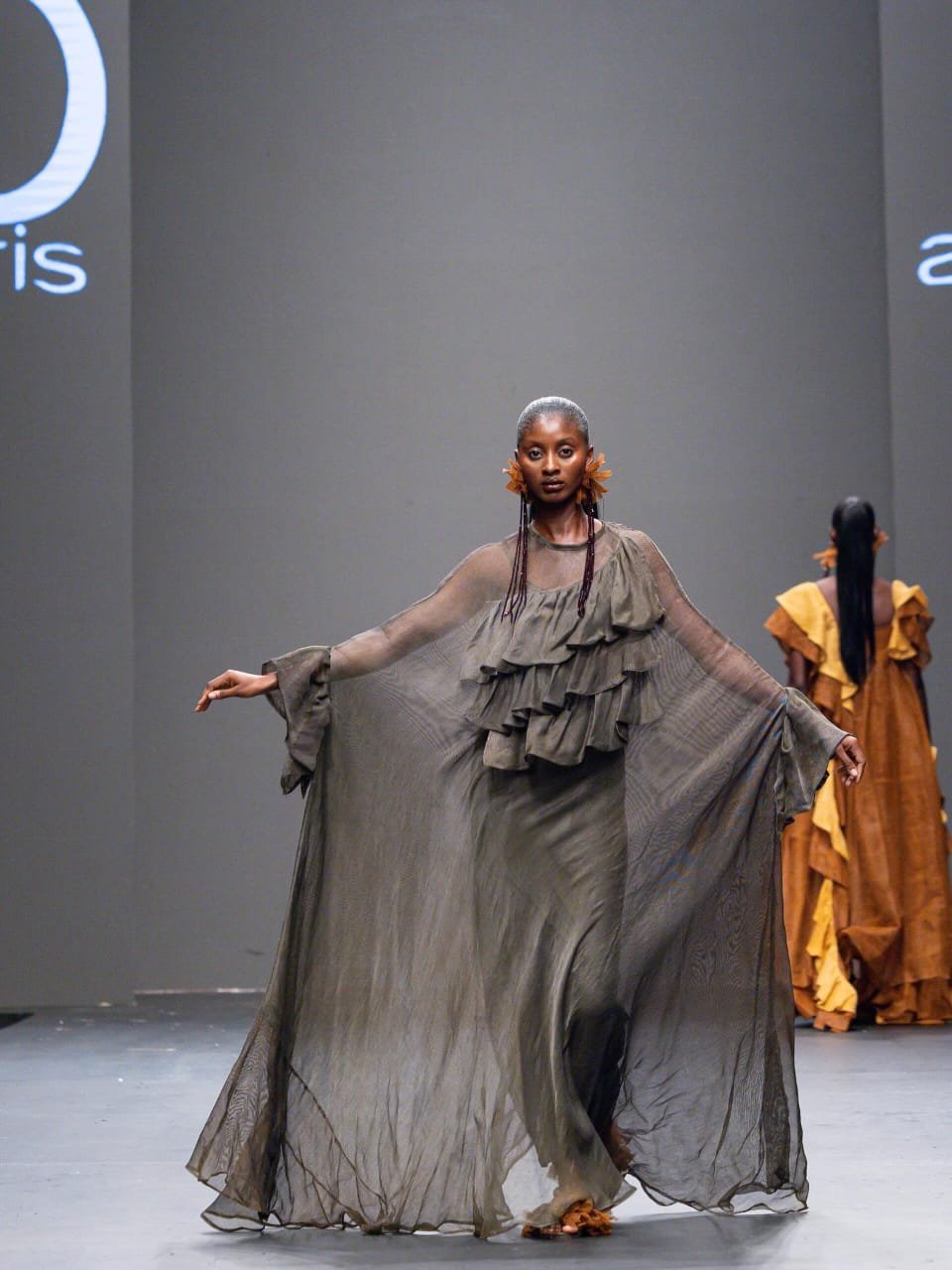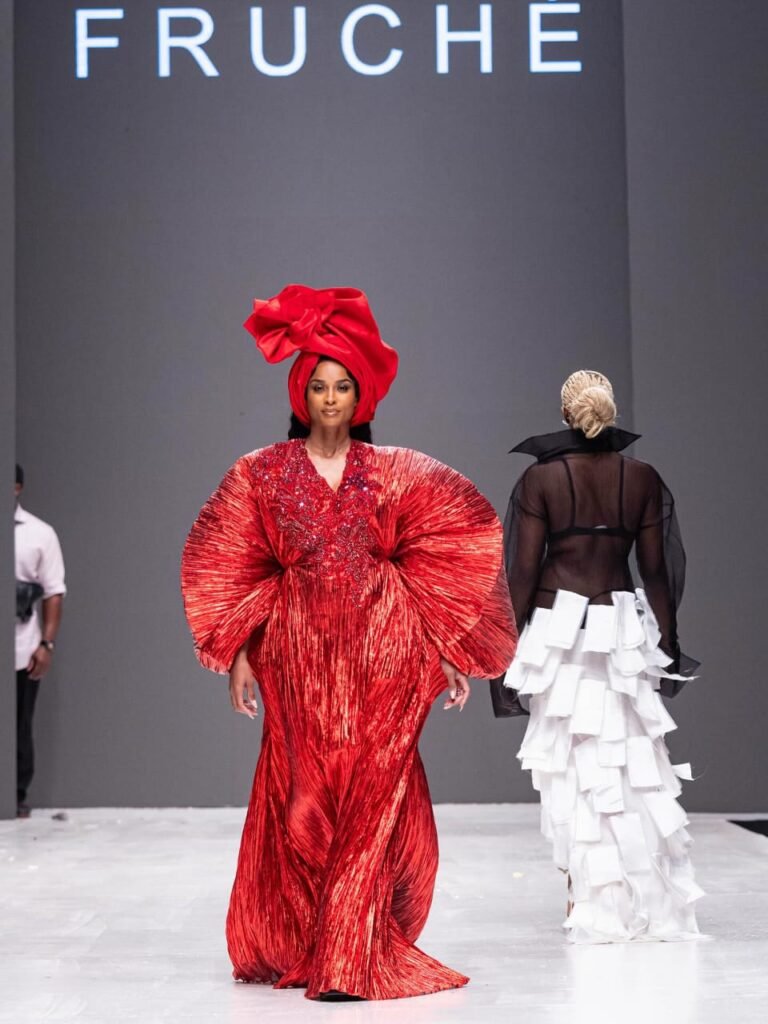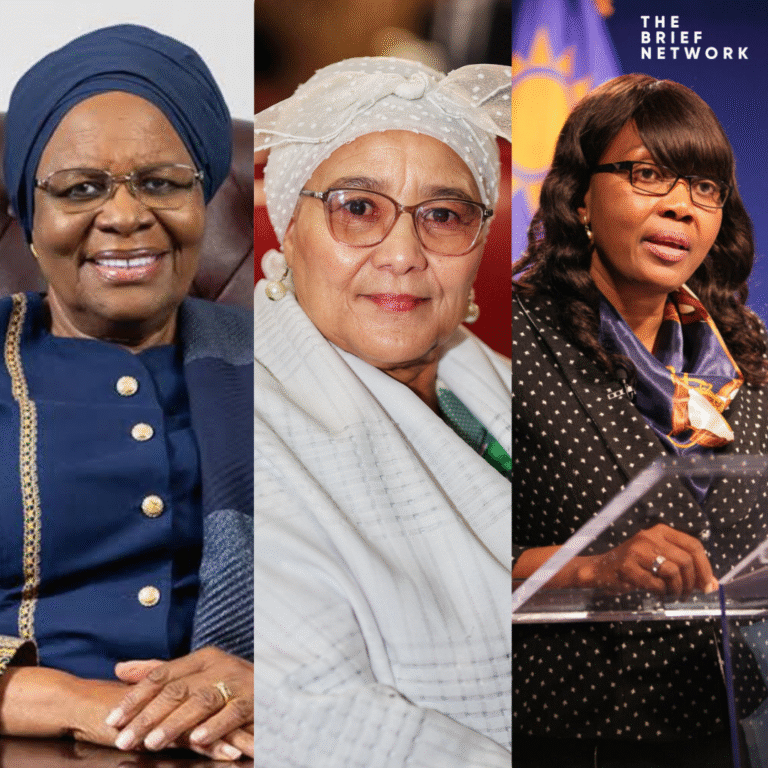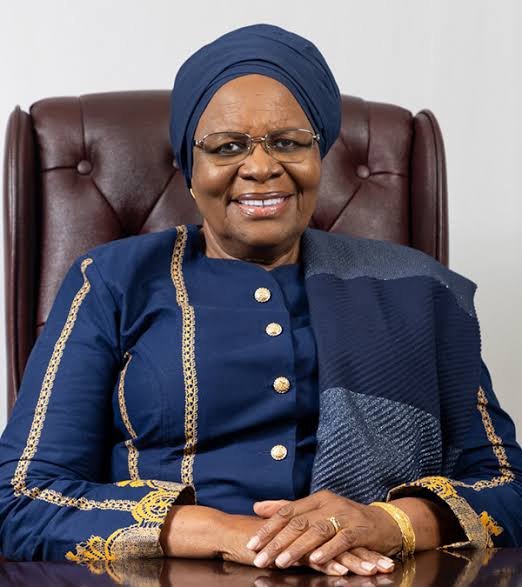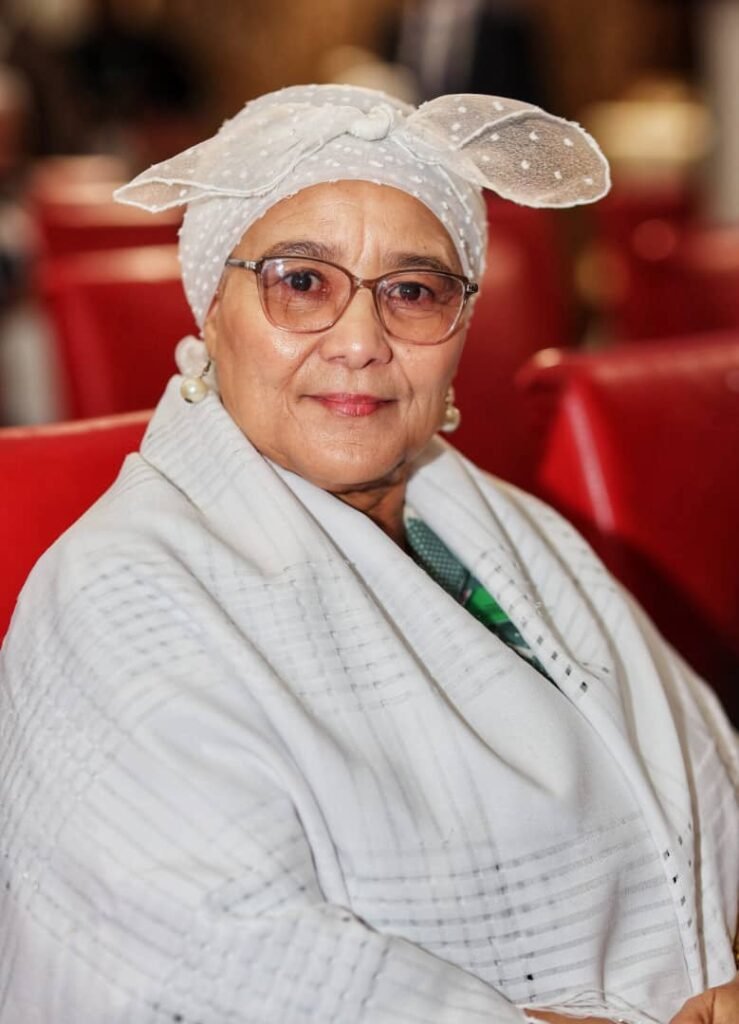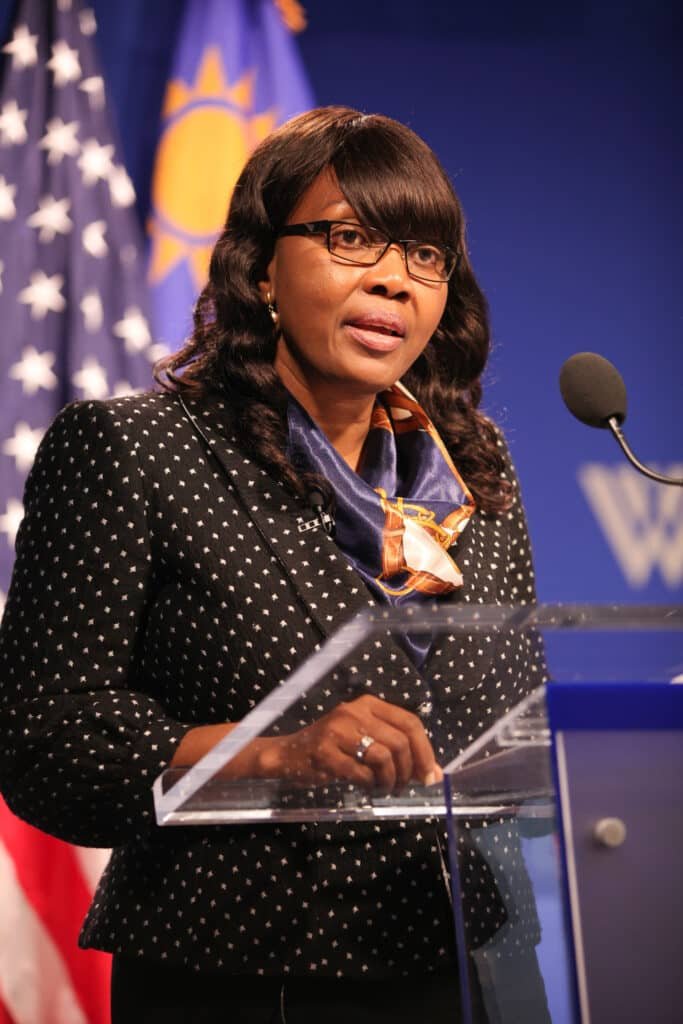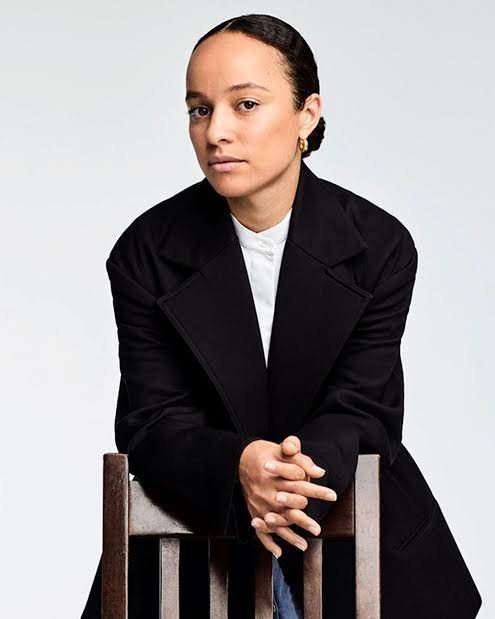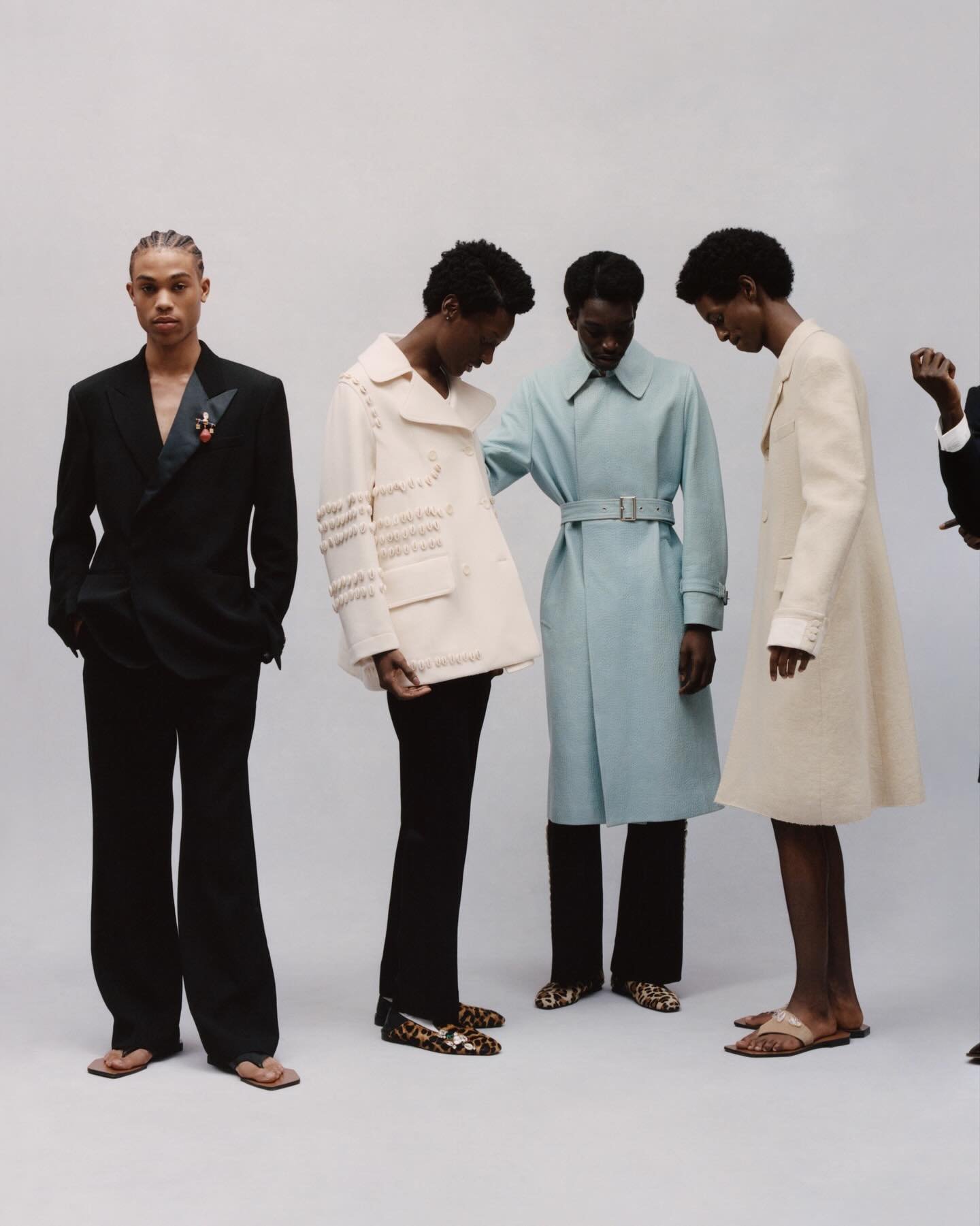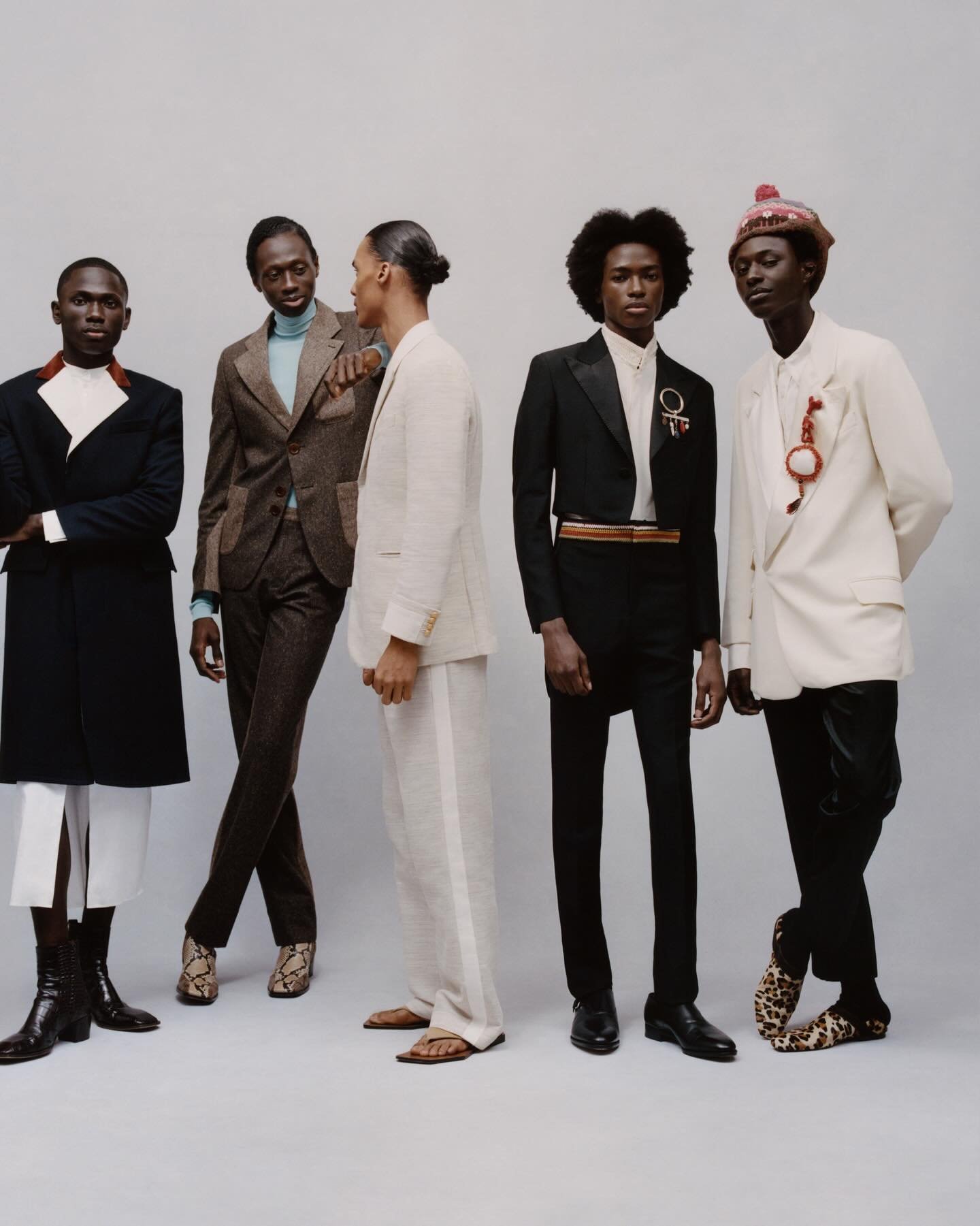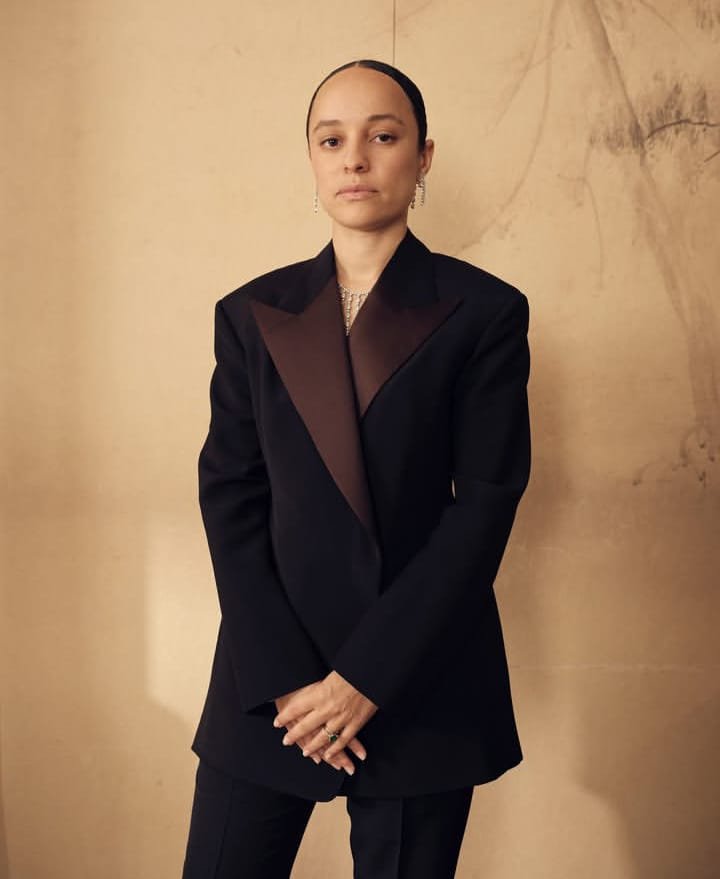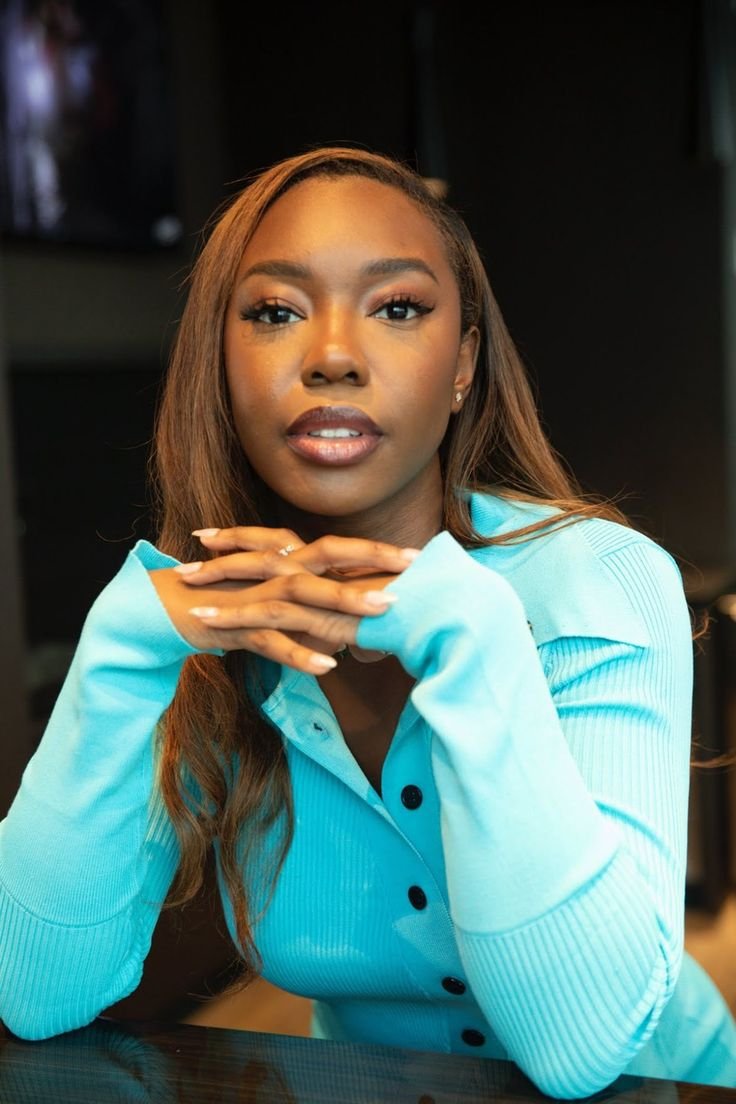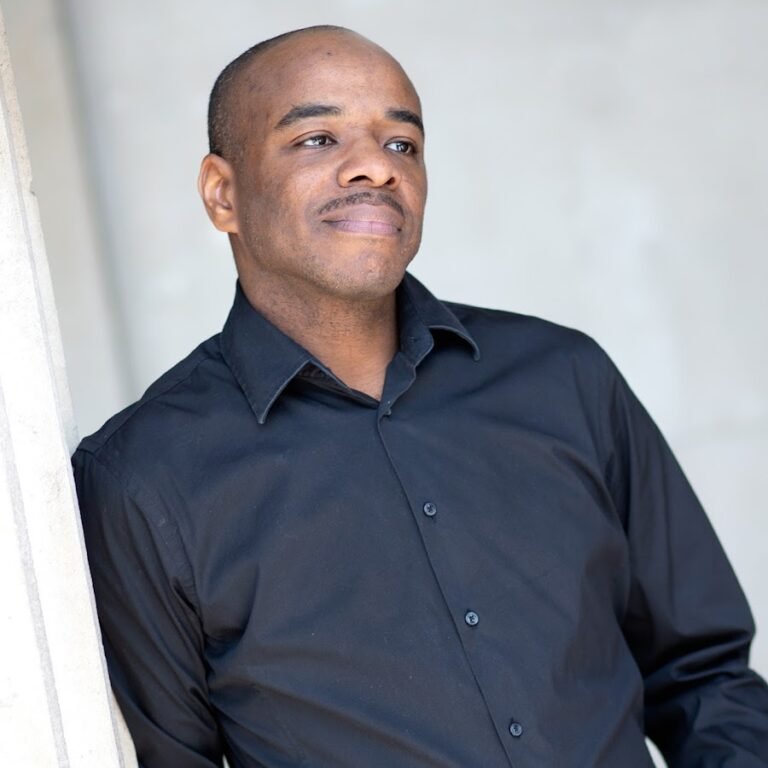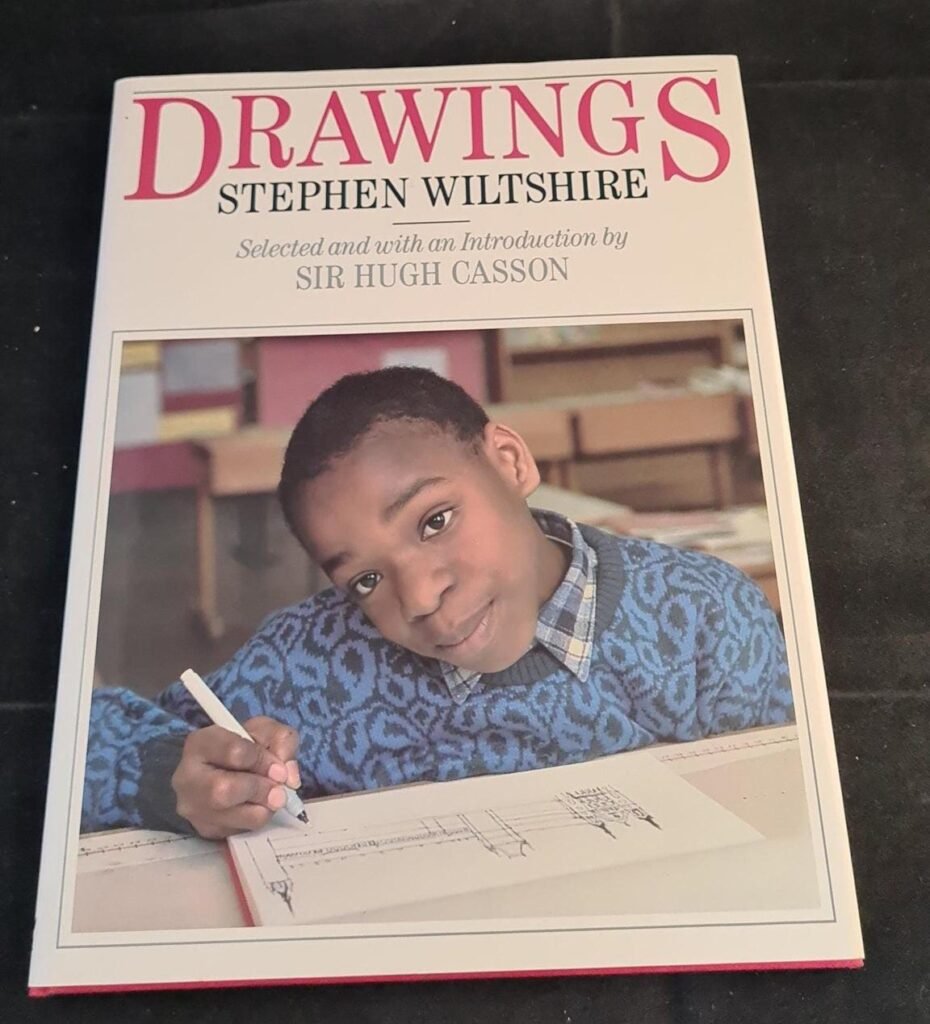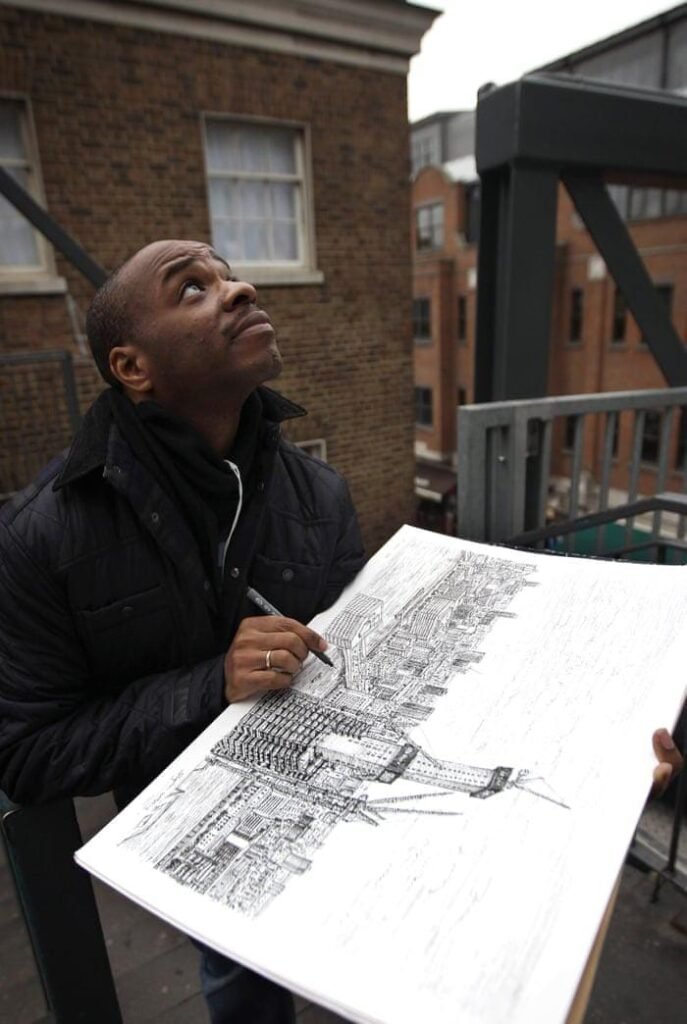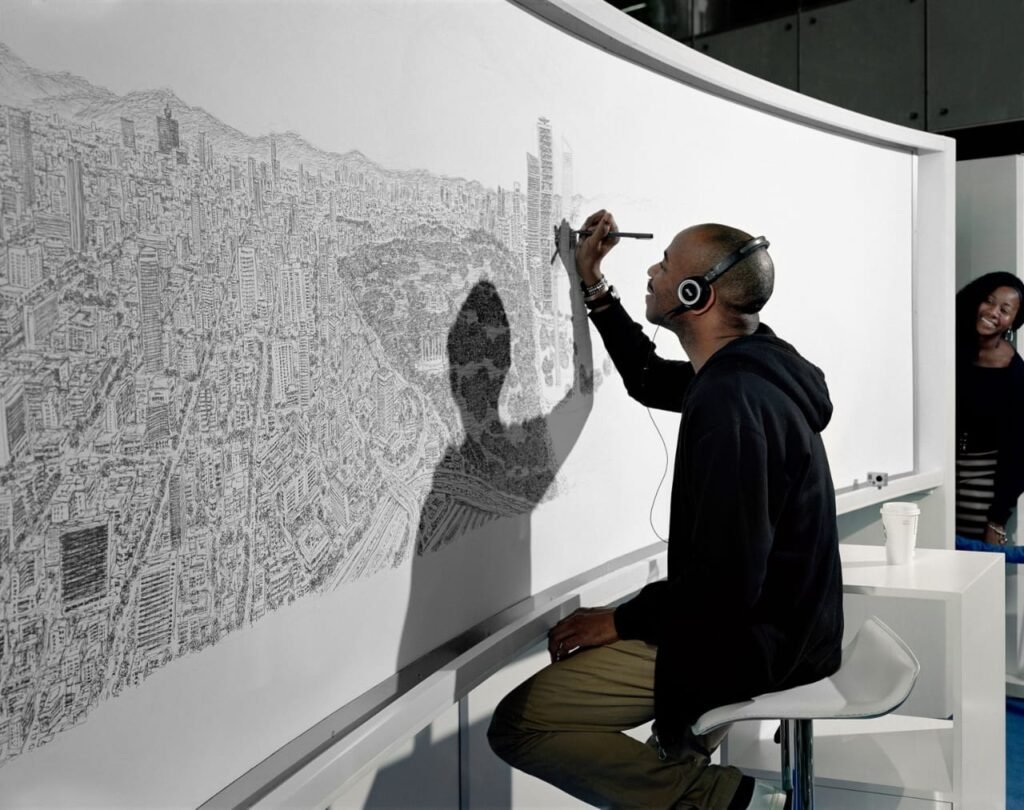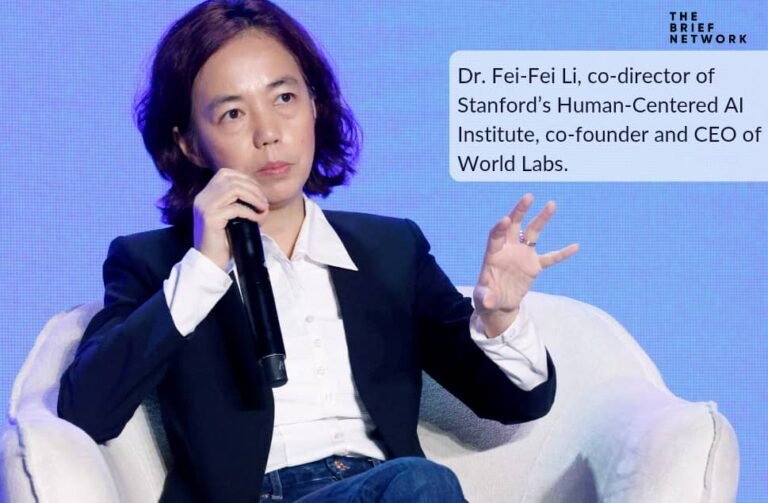Few would have imagined that Laolu Senbanjo, trained as a lawyer, would become one of the most sought-after artists from Nigeria. Today, he is recognized globally as Laolu NYC, creating art inspired by his Yoruba roots and the values he learned as a human rights attorney. He is also a musician whose songs reflect his heritage.
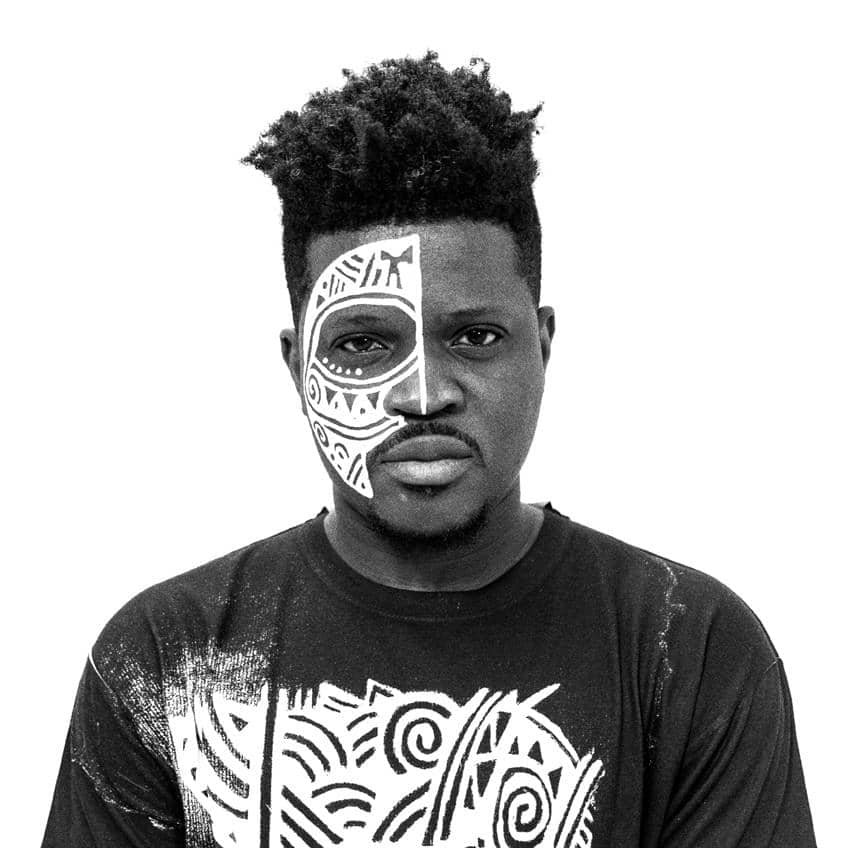
Born in Ilorin, Nigeria, Laolu grew up under the influence of his Yoruba roots. He studied law at the University of Ilorin, earned his degree in 2005, and went on to work for several years as a human rights attorney with Nigeria’s National Human Rights Commission. During that time, he focused on issues like the rights of women and children, traveling to schools and villages in northern Nigeria to educate and advocate.
But even as a lawyer, Laolu never let go of art or music. As he once told BellaNaija, “it’s always been art first for me… my law degree has helped a lot, understanding legal issues around intellectual property.” He also pursued music alongside visual art, crafting songs that honor his Yoruba heritage and the rhythms of African music he grew up with.
In 2010, Laolu made a bold decision. He left his legal career behind and founded his own art gallery in Abuja. He didn’t abandon activism, in fact, his art began to reflect deeply on social justice, identity, and spirituality. His philosophy? “Everything is my canvas.”
Three years later, he moved to Brooklyn, New York, to fully pursue his artistry. It was in New York that his vision expanded, not just in scale, but in ambition.
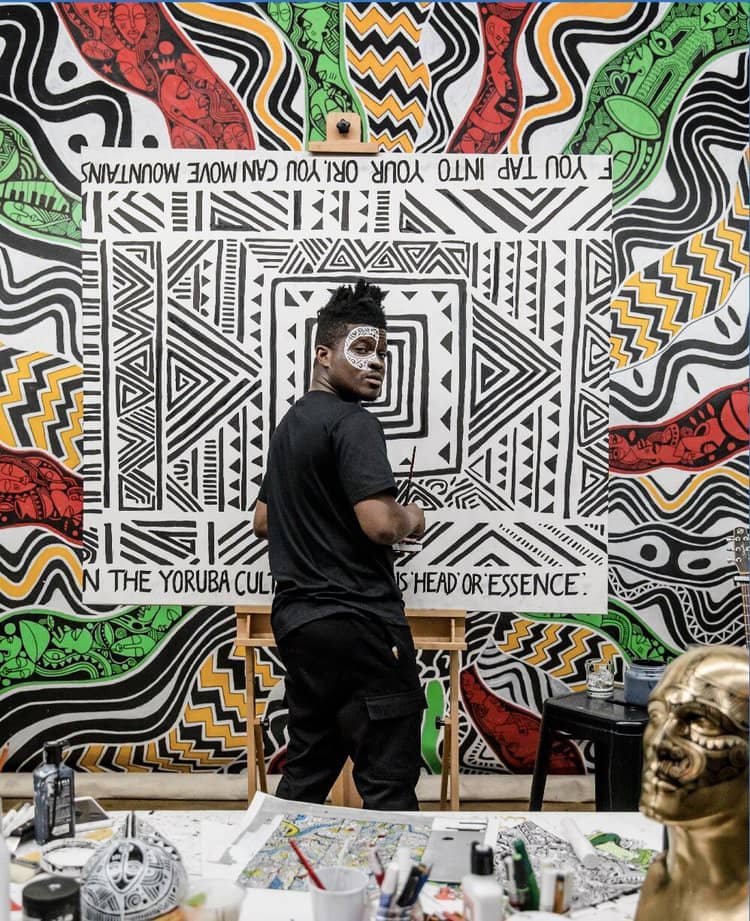
Laolu’s signature style is called Afromysterics, a term he coined to describe “the mystery of the African thought pattern.” He works mostly in charcoal, ink, and other textured media, creating intricate patterns inspired by Yoruba cosmology and ancestral mythologies.
One of his most powerful contributions is what he calls The Sacred Art of the Ori. In Yoruba belief, Ori refers to a person’s inner essence or spiritual intuition.
His art isn’t confined to traditional canvases. He believes in leaving his visual signature everywhere – walls, buildings, shoes, clothing, and human skin. His work caught the world’s attention in a landmark way: Beyoncé invited him to paint body art for her dancers in the visual album Lemonade. His creative canvas extends to celebrated figures including Serena Williams, J. Balvin, Burna Boy, Swizz Beatz, Alicia Keys, and others.
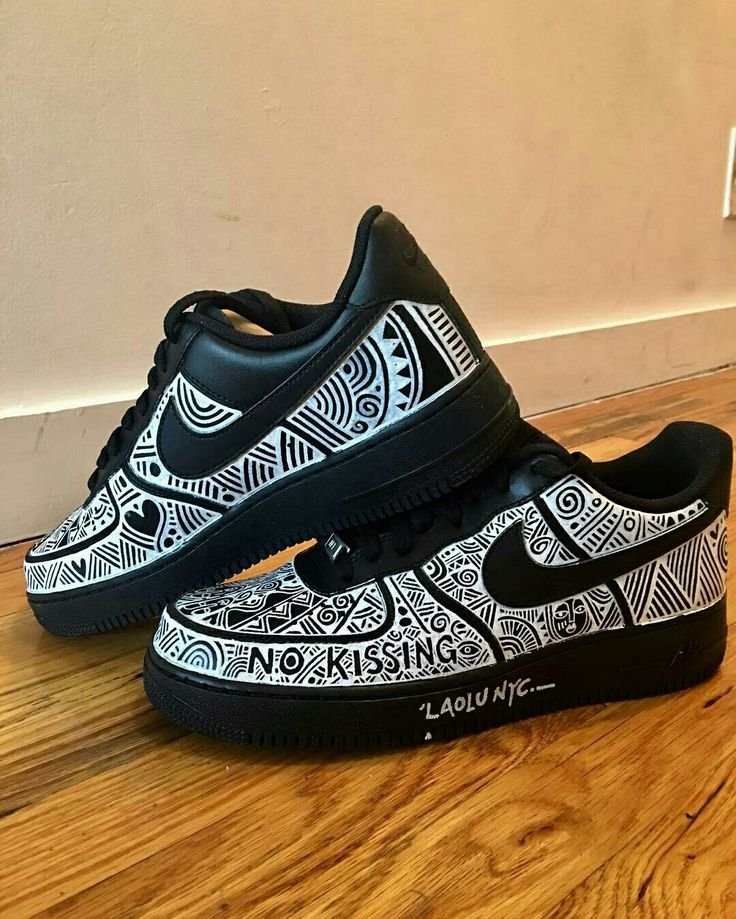
He has worked with global brands like Nike, Bvlgari, and Belvedere, creating limited editions and even using bottles and sneakers as canvases. For Laolu, this is more than just commercial success, it’s cultural storytelling and reclaiming the narrative of African heritage.
He also speaks about his responsibility as a global cultural ambassador. In interviews, he explains that his art is not just for admiration, but for sharing Yoruba culture, correcting stereotypes about Nigeria, and building bridges of understanding.
The Inspiration
Courage to Choose Passion Over Stability: Laolu left a stable legal career to follow his calling, a reminder that fulfilling work often demands risk.
Creativity as Identity: His art is deeply tied to his Yoruba heritage, showing how cultural roots can be a powerful source of innovation.
Art with Purpose: He uses his talent not just for beauty, but for activism and storytelling.
His journey from law to art and music shows that pursuing passion requires courage, patience, and faith in one’s vision. His story is a reminder that following your calling can transform not only your own life but also the lives of those your work touches.
For anyone striving to turn passion into purpose, Laolu’s path proves that dedication, authenticity, and cultural pride are the foundation of lasting impact.
The Brief Network: Inspiring Stories and Empowering Lessons.

